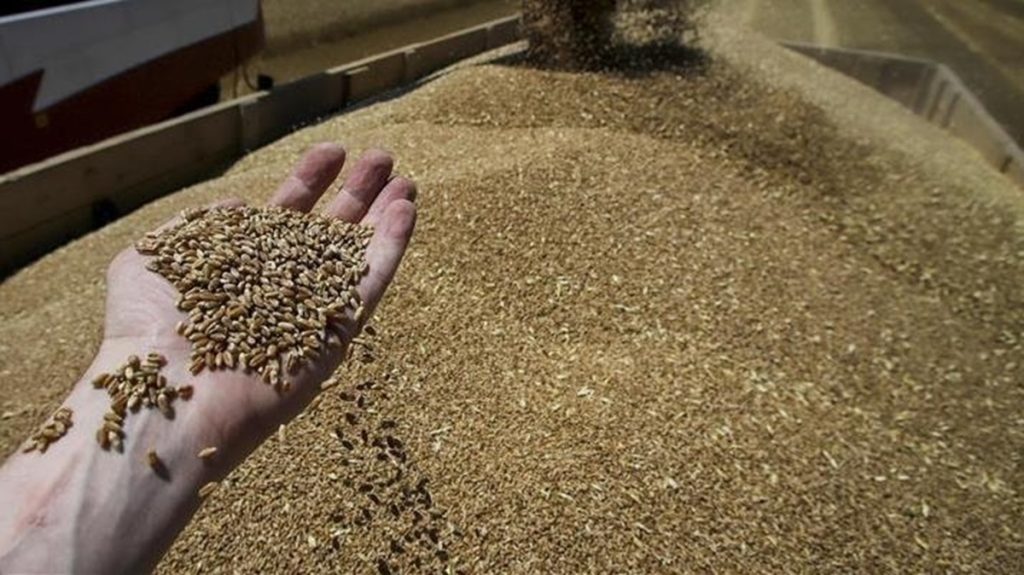In an interview with Sputnik, Arkady Zlochevsky, President of the Russian Grain Union, stated that Africa has emerged as a significant market for Russian agricultural products, especially grain, with a wide geographical area for sales during the previous fiscal year.
“It is enough to list such large countries that are buyers of Russian grain. As I have already said, Egypt, Algeria, Tunisia, and even Namibia and Botswana have joined this year and started buying, although their volumes are not very large yet. But traditionally, Mozambique, Tanzania, Kenya, Côte d’Ivoire, Ghana, and Sudan buy [from us]. Well, who else? Angola,” he stated.
Furthermore, Oleg Ozerov, Ambassador-at-Large of the Russian Foreign Ministry, announced in July that Russia had upheld its commitments to Africa during the second Russia-Africa summit.
These commitments encompassed providing grain and fertilizers to support Africa; Burkina Faso, Zimbabwe, the Central African Republic, Mali, Somalia, and Eritrea received grain aid.
Arkady Zlochevsky disclosed that Russia’s agricultural exports are broadening, shifting from heavy reliance on wheat to other products.
Although still overshadowed by its wheat exports, Russia has taken the lead in the worldwide pea market by increasing the supply of peas and lentils.
“We should maintain our leading position in the world wheat market and slowly win back and expand markets for niche crops, including grain legumes,” he highlighted.
In addition, Russia plans to develop a payment system in national currencies, including the ruble, with African nations to ease trade settlements through the BRICS group of nations, which has Egypt, Ethiopia, and South Africa as members.
“But we are facing enormous problems with counterflows. Disproportionality and imbalance of mutual settlements. This is the main issue at the moment. Bilateral settlements cannot be large-scale due to an imbalance. And it is precisely within the BRICS framework that these bilateral imbalances could be levelled by a common balance within the BRICS framework. And this would serve a tremendously positive role in the establishment of such settlements,” he noted.

